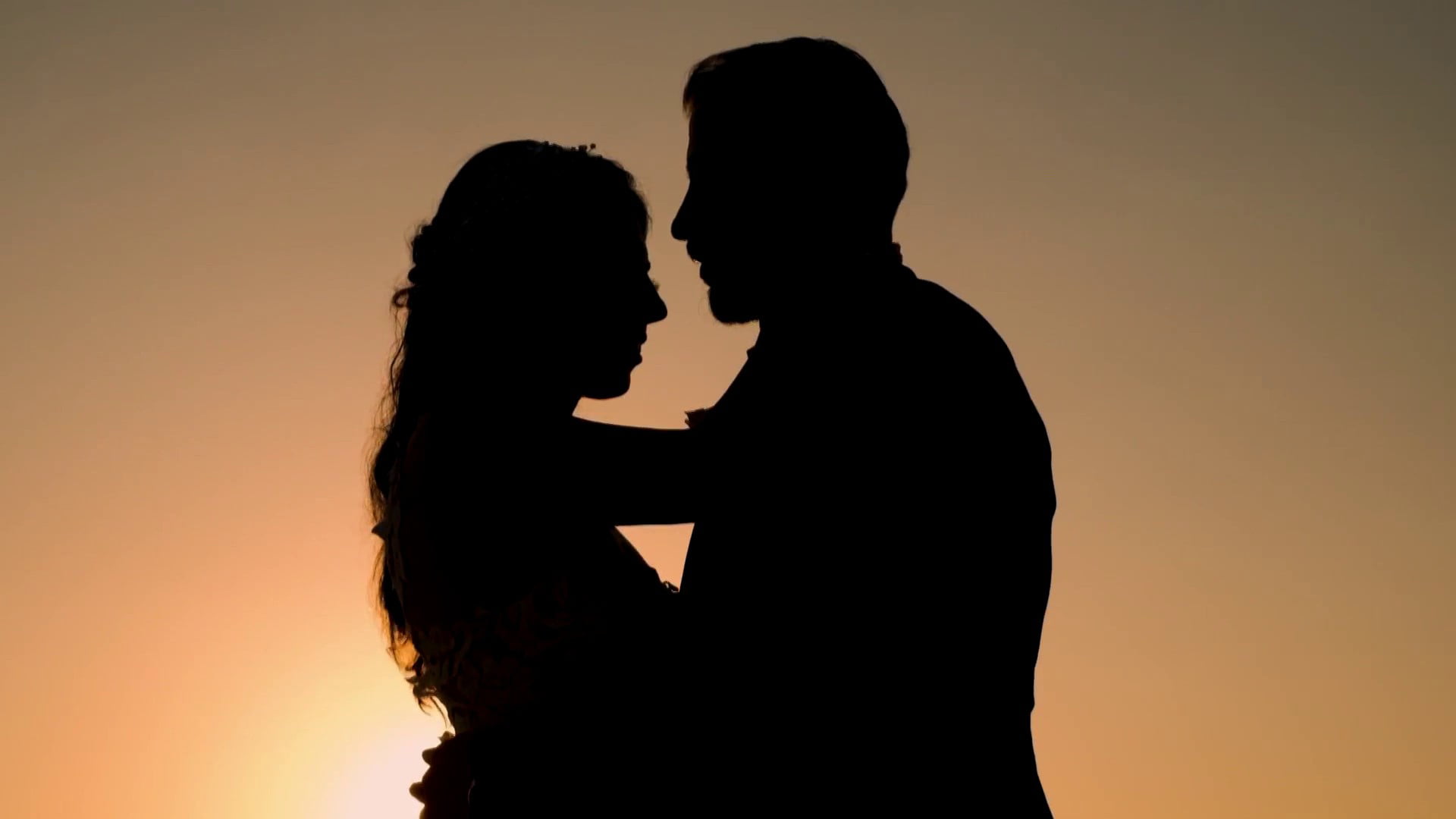Have you heard of dating apps?
“Tantan, Momo, tinder…”, as a modern person, it is difficult for you to completely avoid these names. For those who have never used it, dating app more or less represents a world full of excitement and desire, but for those who have used it, this world is difficult to summarize with a few general words.
More than a week ago, we sent out a survey on the “National Usage of Dating Apps” to all readers. Among the 18,659 valid data, males accounted for 18.70%, females accounted for 79.93%,
Fifty-five percent of the participants were between the ages of 18 and 25. People aged 26-30 accounted for 30%, and participants aged 31-40 accounted for 10%.

84.23% are heterosexual, which means that nearly 16% of sexual minorities participated in this survey.
Twenty percent of the participants were currently in a relationship, and 4 percent were married. The rest of the participants were single.
Among the nearly 20,000 users attracted by this survey, 14,230 participants had experience in using dating apps, accounting for 76.26% of those who participated in the survey. It also attracted nearly 25% of users who have never used dating apps to express their views on this.
Through this survey, we try to understand: what role dating app play in modern people’s life. Is it a way for people to explore social freedom or a gathering place for temptation and desire?
Is it possible for us to meet love on a dating app? In modern intimate relationships, is the dating app dissolving commitment and sincerity, or creating more forms of romance?
01. One out of every three people uses a dating app
According to a 2015 Pew Research Center survey, 27 percent of 18- to 24-year-olds in the U.S. have used a dating app or online dating site, up from just 10 percent in 2013. It is not difficult to speculate that five years later, the popularity of dating apps has further increased.
Among sexual minorities, dating apps are even more popular. A survey of gay people who have a partner found that 70% of them found their significant other through the Internet. Among the participants in our survey, 86.55% of gay people have used dating apps.
*In China, there is no obvious regional difference in the usage rate of dating apps
Through a supplementary survey in the fan group, we found that, in general, the proportion of people living overseas who have used dating apps is slightly higher than that of people currently living in China. This may be because the channels for meeting new dating partners overseas are more limited (There will also be introductions from relatives and friends in China, etc.).
In China, our statistics show that the proportion of people who live in first-tier cities such as Beijing, Shanghai, Shenzhen, and Guangzhou, and those who live in relatively underdeveloped cities using dating apps is relatively high, and there is no significant difference.
*33% of people have used dating apps for more than a year,
But there are also about 30% of people who have only used it for less than a month
Among the 14,230 participants who have used dating apps, we found that 21% have used them for 1-3 years, and 13% have used them for more than three years. In other words, about 1/3 of the people who use dating apps will become long-term users. But also 30.36% of people stopped using it after less than a month.
At the same time, we found that whether it is a long-term or short-term user when using the dating app, the opening rate of people is relatively high. Nearly 50% of people use it every day, and nearly 30% use it every two or three days.
*Among those who have used the dating app, 30.98% have successfully left the single
The survey found that 24.43% of people wanted to find a partner through dating apps and found them later, and 6.55% of people did not intend to use dating apps to find a partner, but they also found them (KY author: jealous).
Among the dating apps that have made more contributions to everyone’s off-dating career, the top three are Tantan (26.52% of people found a partner through Tantan), tinder (17.66%), and soul (14.41%). To some extent, the simple and rude “swipe left” and “swipe right” are more effective ways to get out of the order.
To make it easier for everyone to refer to the “time to get out of the single”, we have further investigated how long it takes for those who fall in love through the dating app to meet “that ta”.
It was found that 23.09% of people found a partner after 1-3 years of registration on the dating app, 19.70% of people found their partner after half a year of registration, and 16.97% found their partner after 1-3 months of registration. It can be seen that whether you use a dating app or not, finding a partner is “hard work”.
As for the quality of love, 64.74% of those who found a partner through dating apps think that the quality of love through dating apps is similar to that through offline contacts, and 18.15% feel that The quality of relationships established through dating apps is better.
In addition, 17.11% of people believe that the quality of relationships established through dating apps is worse than offline relationships.
Through further research, we found that the reasons may be as follows: Non-single people pretend to be single to cheat; they think they are in a relationship, but the other party is just dating; after online dating, they find that the other party’s appearance or family situation does not match the description, etc…
*Negative perceptions of dating apps persist
It should be noted that among all the people who participated in the survey, although 94.60% of people agreed that dating apps have increased our communication channels, most people (62.20%) would not recommend dating apps to friends who want to get out of the singles.
In addition, there are still many people who don’t want others to know that they have used dating apps.
In our survey, 23.25% of people who have used dating apps do not want anyone to know that they have used dating apps, and 54.69% do not want people close to them (such as parents, colleagues, and lovers) to know about themselves I have used dating apps.

Even among those who fall in love through dating apps, nearly 60% of them do not want to confess to others that they met their partners through dating apps.
These phenomena may be related to people’s negative perceptions of dating apps.
In our survey, some people have negative views of people who use dating apps, and they directly associate the behavior of using dating apps with their character.
Among all the participants, 10.26% of men and 6.09% of women believed that using dating apps, regardless of gender, was a sign of casual feelings.
It is undeniable that the popularity of dating apps is increasing, but at present, it still cannot completely get rid of the label of “unreliable”.
02. Only 15.56% of people who use dating apps to make sex appointments
Our survey found that the main purposes of using dating apps include “killing time” (47.52%), “meeting more people and expanding the circle of friends” (43.48%), and “being a tree hole” (41.10%).
Those who want to use dating apps to seriously find a partner accounted for 41.07% of all respondents, and hook-ups accounted for only 15.56%.
It seems that the dating app does not “highly corporealize the human soul”. Contrary to what most people think, among the people who use the dating app, those who want to find a serious relationship are far more likely than those who want to date many.
We also interviewed several people who have used dating apps to try to understand how dating apps are affecting the intimacy of contemporary people.
Li Jin (pseudonym) is a 24-year-old second-year graduate student. When she was in college, her roommates shared with her the “handsome guys who matched” on Tantan all day long, and one of them even became her roommate’s boyfriend. got one”.
But after using it for two days, she found that there were almost no handsome men, “there are too many ghosts and snakes”. She was puzzled: “I may be an Internet adherent, isn’t this just a hook-up? My roommate’s ability to run now should be a talent.”
To some extent, Zhang Jiahe, a 28-year-old doctoral student, is luckier than Li Jin’s roommate. Also through Tantan, she has already married the person she met above. Although she thought it was unreliable at first, she still “tried to play.”
“About three or four months, I met my current partner. After confirming the relationship, I deleted the app.”
*On the other hand, the negative perception of dating apps is not unfounded.
In the survey, 64.11% of the participants said that they had experienced bad things when using dating apps, such as feeling disrespected, or even being stalked and harassed.
Zhang Jiahe, who got married through the dating app, also encountered a lot of “talking out”, she deleted them all directly, and the reason why she insisted on using it was because there were a few “talking well”.
But she still feels that although there is nothing wrong with the app itself, there are many people with impure purposes that destroy the ecology, “So I will tell my good friends that I can try it, but if there are other ways to meet my husband, I will choose not to use it.”— — There are not a few respondents in this survey who think that people with impure purposes pollute the dating app.
Among the users of the dating app, there are also digital age “vagrants” like Xiao He. They don’t fall in love or have sex with each other, but they just develop a short-term spiritual connection with a member of the opposite sex wherever they go.
The 25-year-old Xiaohe works as a “writer” in Beijing. At first, he only played dating apps for a few years because of work. After finding someone to recommend “delicious and fun” on the app, it is better to ask the taxi driver directly, just to see beautiful girls, “occasionally pick out the ones you can chat with and come out for dinner.”

“I don’t have expectations for each other, such as having fun and being able to sleep. Because I stayed alone for a long time at that time, I can say nothing else, but I need girls to inject energy. Simply getting along, eating, and chatting is quite enough.”
And when this sojourn life ended and his life was fixed in Beijing, Xiaohe uninstalled the dating app. For him, it symbolized the end of the life of the “homeless”.
Only 17.27% of people who have never used dating apps think that they will consider people who have used dating apps when they are looking for a partner. But among those who have used dating apps, this ratio has increased significantly. Even among those who have not used it, more than 40% of them will consider people who use dating apps when they are looking for a romantic partner.
03. Choice and freedom
The emergence of Dating apps does cater to a part of the dilemma we are facing now in real life, making friends is becoming more and more difficult.
In a certain issue of the fourth season of “Thirteen Invitations”, anthropologist Xiang Biao said, “Now people seem to have lost this kind of self-confidence, and no longer feel that they can construct a relationship of mutual trust.”
To some extent, the dating app is a product of the increasingly distant relationship between people along with the development of technology. But on the other hand, dating app also provides us with more possibilities, through which we can break through the boundaries of real life and seek diversification of relationship forms.
Even if the process of this possibility brings more “mutual teasing games”, the desire is more direct, and the sincerity needs to be revealed little by little in the mutual temptation, but it is a resistance to the atomized society, and it is also a more For independent, free choice.
A 2016 study pointed out that a large number of users use dating apps to find partners, love, and intimacy. Dating apps have not diminished people’s expectations for long-term relationships and romantic commitments.
Similarly, in our survey, most people do not think that the existence of dating apps will increase the instability of their relationship (63.67%), nor do they feel that they will be despised by the other party if they fall in love through dating apps.
Of course, this doesn’t mean you have to use a dating app. Whether you recognize the dating app or not, it is your freedom.
Most importantly, we need to see our hearts, be true to ourselves, and make choices according to our own needs. You are the master of your actions only when the choice comes from your heart.
On the topic of “true love” that cannot be avoided in dating apps, some people are still looking forward to it.
Jin Ke thinks, “If there is such a fate, I don’t reject using dating apps to find a partner. Using apps at least means that you are doing something to find true love. The chances are always greater than doing nothing.”
Regardless of whether you can find true love through the dating app or not, as Xiaohe said, “The times are so impetuous, and I think it’s good to find true love from the bottom of my heart. Bless you, all.”
(Note: All names appearing in this article are pseudonyms)

Great topic, please keep it up I really enjoy reading these type articles.